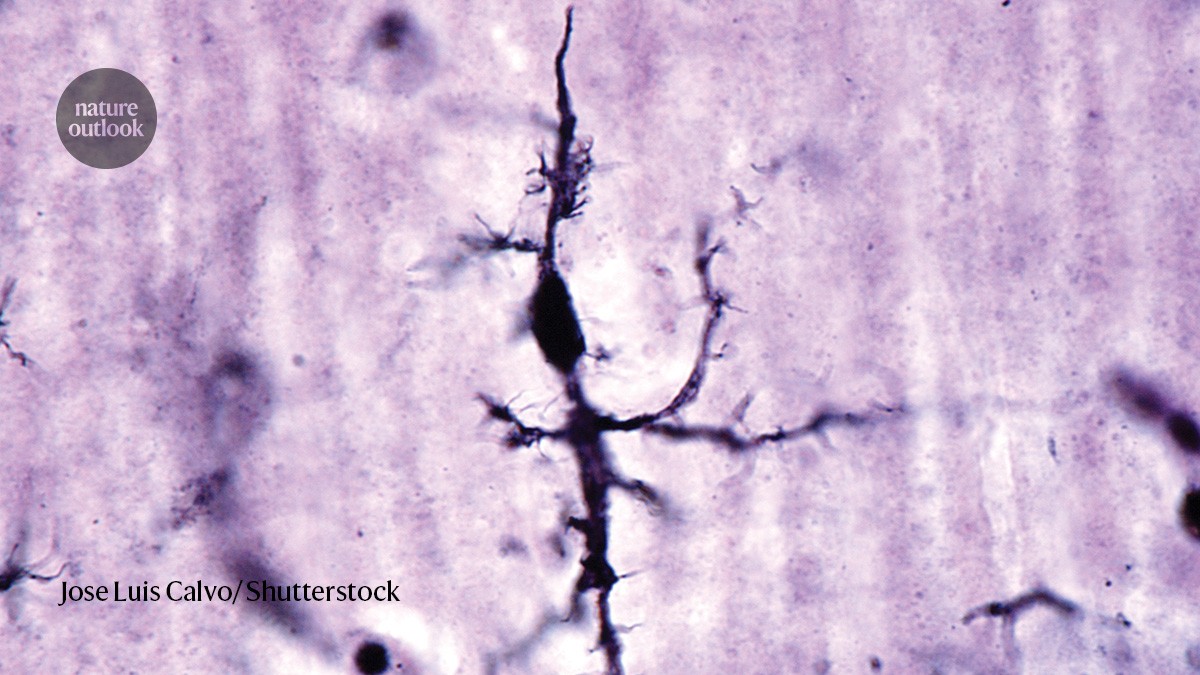
"Researchers demonstrated that a type of immune cell, 'dark microglia', linked to neurodegeneration, produce toxic lipids in Alzheimer's, worsening disease pathology."
"The study revealed dark microglia's role in Alzheimer's disease progression, driven by the activation of the integrated stress response pathway."
Researchers led by Pinar Ayata at the City University of New York have discovered that 'dark microglia', a type of immune cell, significantly contribute to neurodegeneration in Alzheimer's disease. Their studies reveal that these cells produce toxic lipids, exacerbating neuronal damage and disease pathology. Findings indicate that the integrated stress response pathway, activated by tau protein accumulation, increases the number of dark microglia. This discovery opens pathways for targeted therapies that can inhibit lipid production and potentially protect the brain from neurodegenerative effects.
Read at Nature
Unable to calculate read time
Collection
[
|
...
]